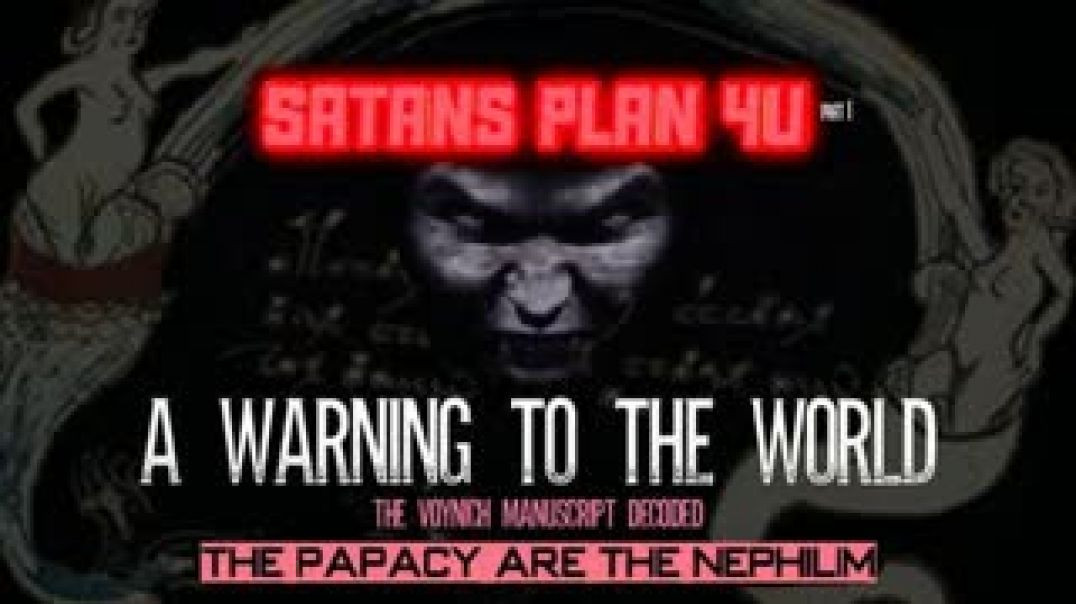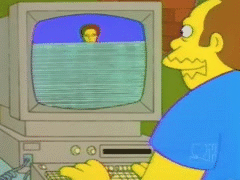Live streaming on Altcast.TV is now available!
THE WIZARD OF OZ 🔓 DECODED
Source: https://www.youtube.com/watch?v=xdYKzjS13DU [special thanks to Coach Dave]
Thumbnail: https://theweek.com/cartoons/9....08930/political-cart
AltCastTV & Odysee thumbnail: https://giphy.com/explore/wizard-of-oz-surprize
‘The Wizard of Oz’ is a Real Political Allegory
By Michael Genovese
https://www.wsfcs.k12.nc.us/cm....s/lib/NC01001395/Cen
Dorothy and Toto, the Tin Woodman and the
Scarecrow, the Cowardly Lion and the Wicked
Witch of the West, are all magical figures out of
one of America's most loved movies. But "The
Wizard of Oz" was, and is, much more than a
children's fantasy. As conceived and written by
Lyman Frank Baum in 1900, "The Wonderful
Wizard of Oz" was a political allegory of
turn-of-the-century America. Written in the
waning days of the Populist movement of the
late 1800s, it was the story of the sad collapse
of Populism and the issues upon which the
movement was based.
The Populist movement grew as a reaction to the changes brought about by industrialization. Centered
primarily in Midwestern farming communities, the Populist Party challenged banks, railroads and the Eastern
elites, which were seen as keeping the farmer down through low prices for agriculture, high freight charges
and high farm debt, and through upholding the gold standard for currency, which kept interest rates up and
money tight. When urban workers joined the alliance with farmers, the Populists became a viable force in
American politics, aligning themselves with the Democratic Party.
The Populist Party was headed by one of America's greatest orators, William Jennings Bryan; it proposed
government ownership of railroads and other industries and advocated moving off the gold standard to
silver-backed currency. The Populist cause grew during the severe economic depression of 1893 when farm
prices plummeted and unemployment soared.
In the Congressional elections of 1894, the Populists drew almost 40% of the vote. The presidential election
of 1896 proved to be the high-water mark for the party. Their standard-bearer Bryan (famed for the speech
in which he accused the banks of crucifying the farmer on a "cross of gold") lost to Republican candidate
William McKinley by only 95 electoral votes. But the Populists rapidly faded from the political scene as
prosperity returned under McKinley and as politicians like Teddy Roosevelt adopted some of their positions.
Baum, who edited a weekly paper in South Dakota before moving to Chicago in 1896, lamented the decline
of the alliance between the farmer and urban worker and the subsequent decline of the party. Although
"Oz," was written and published (with great success) as a children's fantasy, Baum clearly had Populism's
misfortune in mind.
The allegory begins with the title. Oz is the abbreviation for ounce, the standard measure used for gold.
Dorothy represents Everyman; the Tin Woodman is the industrial worker, the Scarecrow is the farmer, the
Cowardly Lion is William Jennings Bryan, the Wizard is the President, the munchkins are the "little people"
and the Yellow Brick Road is the gold standard. Toto probably represents a dog.
In the story, Dorothy is swept away from Kansas in a tornado and arrives in a mysterious land inhabited by
"little people." Her landing kills the wicked witch of the East (bankers and capitalists), who "kept the
munchkin people in bondage."
In the movie, Dorothy begins her journey through the Land of Oz wearing ruby slippers, but in the original
story Dorothy's magical slippers are silver. Along the way on the yellow brick (gold) road, she meets a Tin
Woodman who is "rusted solid" (a reference to the industrial factories shut down during the depression of
1893). The Tin Woodman's real problem, however, is that he doesn't have a heart (the result of the
dehumanizing work in the factory that turned men into machines).
Farther down the road Dorothy meets the Scarecrow, who is without a brain (the farmer, Baum suggests,
doesn't have enough brains to recognize what his political interests are). Next Dorothy meets the Cowardly
Lion, an animal in need of courage (Bryan, with a loud roar but little else). Together they go off to Emerald
City (Washington) in search of what the wonderful Wizard of Oz (the President) might give them.
When they finally get to Emerald City and meet the Wizard, he, like all good politicians, appears to be
whatever people wish to see in him. He also plays on their fears. To Dorothy, he is a disembodied head; to
the Cowardly Lion he is a predatory beast; to the Woodman, a glowing ball of fire. But soon the Wizard is
revealed to be a fraud--only a little old man "with a wrinkled face" who admits that he's been "making
believe." "I am just a common man," he says. But he is a common man who can rule only by deceiving the
people into thinking that he is more than he really is.
"You're a humbug," shouts the Scarecrow, and this is the core of Baum's message...
Those forces that keep the
farmer and worker down are manipulated by frauds who rule by deception and trickery; the President is
powerful only as long as he is able to manipulate images and fool the people.
Finally, to save her friends, Dorothy “melts” the wicked Witch of the West (just as evil as the East), and the
Wizard flies off in a hot air balloon to a new life. The scarecrow (farmer) is left in charge of Oz, and the Tin
Woodman is left to rule the East. This Populist dream of the farmer and worker gaining political power was
never to come true, and Baum seems to recognize this by sending the Cowardly Lion back to the forest, a
recognition of Bryan’s retreat from national politics.
Dorothy is able to return home with the aid of her magical silver shoes, but upon walking in Kansas, she
realizes they’ve fallen off, representing the demise of the silver coinage issue in American politics.
As the last hurrah of the Populist movement in America, The Wizard of Oz is a political parable rich in
historical significance. The beauty of the film, and one of the main reasons for its longevity, is that its
reach exceeds its grasp. It speaks to us beyond the now-dated meaning of its political message and taps
universal elements within the human character that are endearing and long lasting.
This “children’s story,” as with so many other stories based on a vision of reality animated by the events of
their time, also speaks to larger philosophical issues. In this sense, just as Jonathan Swift’s Gulliver Travels
rings true today, so too, does The Wizard of Oz have contemporary meaning. And so, next time you sit
down and join Dorothy, Toto, and friends on the adventure, remember: You are taking a populist journey in
search of a new political order that replaces the power of industrial capitalists with a farmer-workers
alliance. Have a pleasant trip.
--------------------------------------------------


![HUNGER 🍽 STRIKE [DECODED BY CHRIS CORNELL AND CHESTER BENNINGTON]](https://s3.us-central-1.wasabisys.com/altcast1/upload/photos/2025/07/wzgOUqHdICDNygIpaEwy_17_4eb36e887591db0806bbc90d6f18f212_image.jpg)
